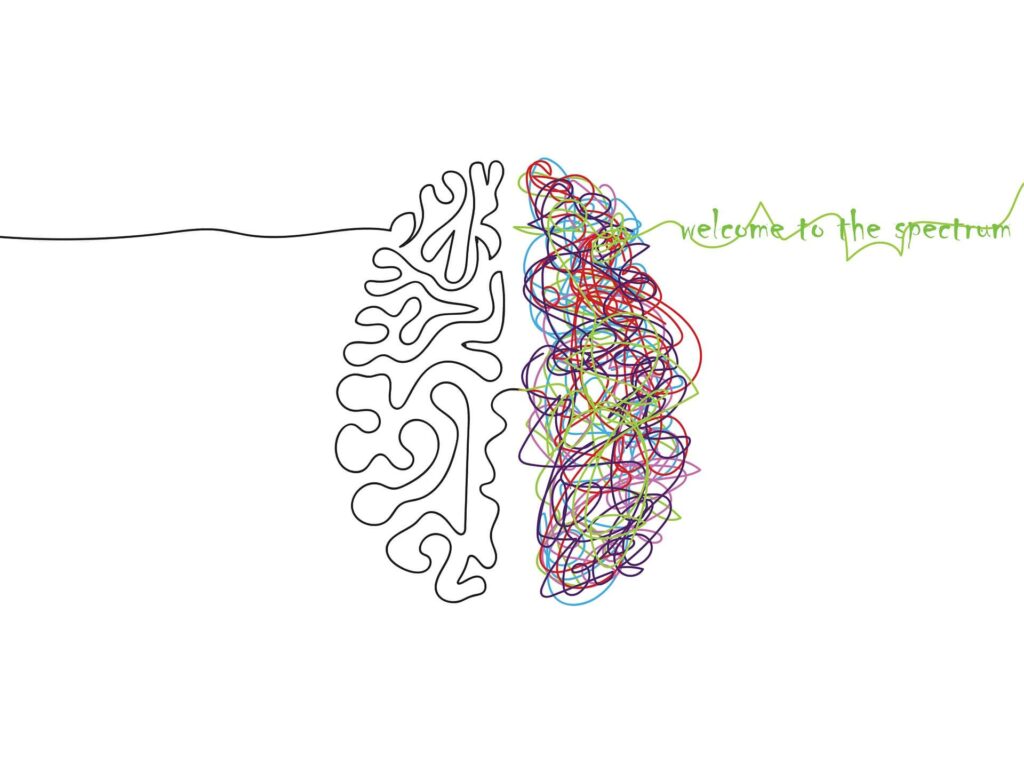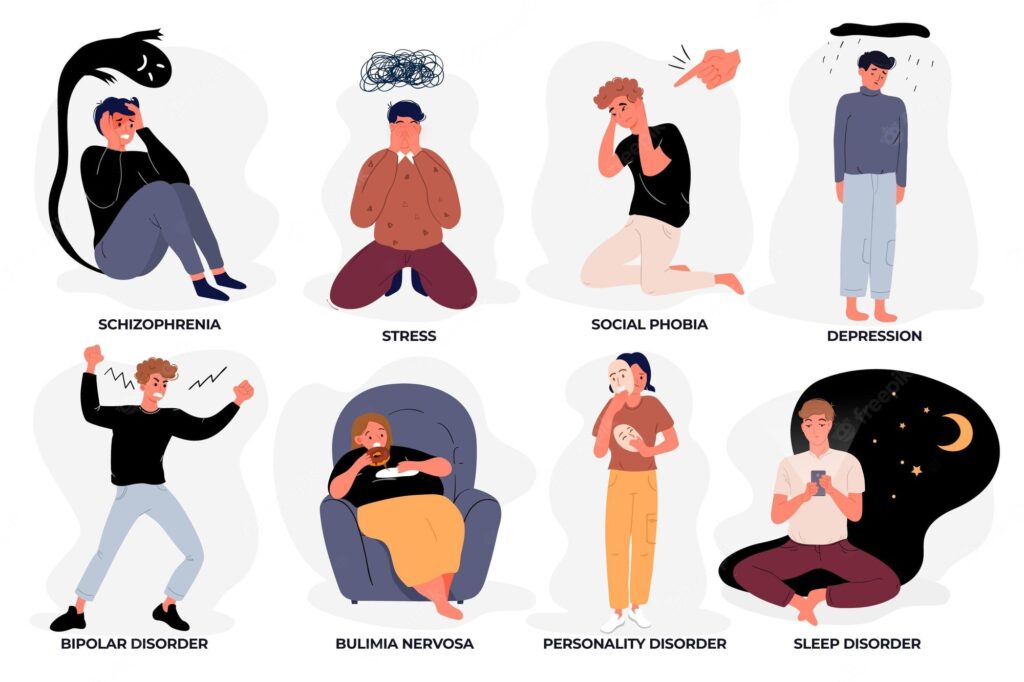The Value of Social Connection: How Community Enhances Health


By Louisa H.Y. Lo, PhD | Jul 8, 2022 | Wellness |
In an increasingly digital world, people are frequently turning to digital platforms to connect with friends and family. The value of connectivity has only increased as the world has become more digital. This blog will explore the value of connectivity for communities, as well as strategies for integrating community into health care.
Connectivity and Health
Community is an important part of people’s health and well-being. A strong community provides opportunities for social interaction, emotional support, and involvement in activities that are meaningful to the person.
Integrating community into health care creates opportunities for people to connect with their families and friends. This may be particularly important for those experiencing health concerns or loss. Connectivity can play a role in helping to connect people with health care, which can reduce feelings of isolation and help manage their emotions in a better way.
Connected People Have Stronger Communities
People who actively interact with their family and friends are having a strong sense of community. These positive connections encourage people to find opportunities in contributing to their communities. Research shows that people who are connected are more likely to volunteer, participate in community activities, and give to charities. People who are connected are also more likely to vote, as research has found that being connected to a community leads people to feel more connected to their country, and more likely to be engaged in civic duties.
Value of Connectivity
Connectivity is a powerful tool for those who aim to build up a positive lifestyle, personal health and meaning. This can be explained by:
(1) Connectivity Helps Build Emotional Resilience
Spending time with others can provide a source of connectivity for people who are experiencing emotional hardship, making it easier for people to turn to their communities for support. Communities also provide an opportunity for people to connect with people who are experiencing similar challenges. People who are connected with other people who are also experiencing a challenging time are more likely to have positive coping mechanisms, such as social support and encouragement.
(2) Connectivity Builds Social Networks
Social networks can provide a sense of belonging and that is particularly important for people who are experiencing health or emotional challenges. Research has found that people who are connected are also more likely to be involved in their communities. Social networks may also help people to reduce feelings of loneliness by providing opportunities for connections with people who are also experiencing these feelings.
(3) Connectivity Helps Build Mental Well-Being
Communities are an important source of mental well-being, as people who are connected are more likely to report feelings of happiness, as well as to have positive friendships. This can be crucial for people who have mental health concerns, as research has found that people who are connected are also more likely to have positive thinking.
(4) Connectivity Helps Build Physical Well-Being
Connecting to someone through exercise can be comforting, enjoyable, and even relaxing. This kind of connectivity can help you reach your goals by providing you with motivation. Moreover, being physically active can have a wide range of benefits for your mental and physical health. It has been shown to reduce stress and improve sleep. These are all vital for maintaining a healthy mind and body.
(5) Connectivity Helps Increase Efficiency
Social connection can be found in many aspects of life, including work and career. Having a positive relationship with your co-workers can have a significant impact on your work performance. Studies have shown that having a high level of social connection at work can increase your productivity, decrease the risk of job-related stress, improve your mental health, and even increase your likelihood of staying in your job.
Strategies for Integrating Community into Health Care
Thanks to the advancements in digital technology like cell phones or tablets, it greatly eases the challenges and limitations in building connections – no matter where we are located or who we are. In relation to health care, connecting patients with family members who live alone is a great way to reduce feelings of isolation that may be experienced during times of illness. Engaging with community groups is also a great way to increase awareness of your disorder, campaign for better health, and engage people in prevention and self-care.
Actionable strategies with the help of digital technology includes:
- Providing resources through newsletters or social media allows medical teams to keep up on current trends and breakthroughs in medicine.
- Patients can receive updated information about what treatments might be available based on their specific issues.
- Engage in real time conversations about topics related to what is happening during visits or treatment sessions.
- Create a space where patients feel comfortable sharing incidents of sadness, anxiety, distress etc.
NeuroSavi is here to help by providing a client-centered platform designed so you can build your connectivity and share your experiences regarding any number of health concerns or struggles. Visit our forum today to create your community and engage with people whom you can relate to.
Conclusion
The value of connectivity is vital for our lives and health, as it builds community where people can experience social support and motivation. Connectivity has also made it easier to find information about a wide range of topics, especially with the abundance of digital tools and platforms. While digital technology helps extend connectivity, it is always important to remember the necessity of face-to-face interactions in developing strong communities.

Louisa H.Y. Lo, PhD
Dr. Louisa Lo is a neuroscientist, science educator and exercise enthusiast. She takes pride in helping individuals comprehend the significance of their brains. Louisa endeavours to help people understand how their brains operate and provide advice and resources on health and wellness. In doing so, she aims to inspire people to think positively, believe in themselves, and be more productive and successful people through healthy living. Her motto is: “It is never too late to understand our brains with our brains!”






Responses